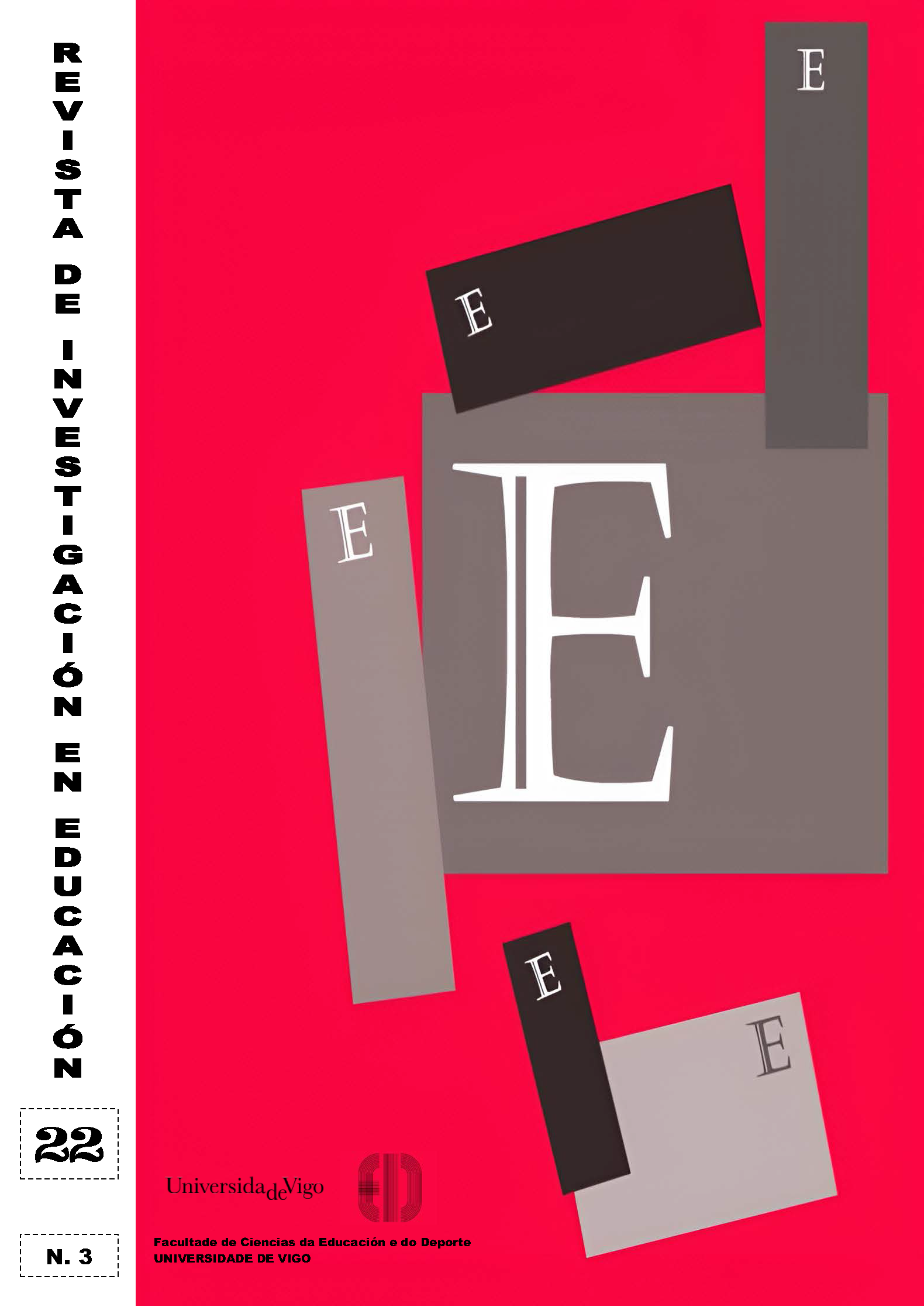Learning to Learn at the University. Student perception of the educational field
DOI:
https://doi.org/10.35869/reined.v22i3.5761Keywords:
Skills, Learning to Learn Competence, University Students, Self-Regulated Learning, Social CognitionAbstract
INTRODUCTION. The Learning to Learn competence is a key competence for educational systems, whose acquisition is necessary for university students to develop at a personal and social level, capable of managing themselves in a dynamic society subject to powerful changes. The objective of this study is to analyze this competence of university students belonging to degrees in the educational field. METHOD. A quantitative correlational research design is used, and a sample of 335 university students from the educational field of the Catholic University of Valencia is used. The information collection instrument used is a Learning to Learn Competency Evaluation Questionnaire. The data analysis carried out is descriptive statistics and Multivariate Analysis of Variance (MANOVA). RESULTS. The results obtained show how university students present higher average values in the ethical and social-relational dimension and lower average values in the cognitive and affective and motivational dimensions. Regarding the results obtained from the MANOVA, they indicate that age, course, degree and university access studies influence the dimensions of the Learning to Learn Competence. The older students are the ones with the highest level of competence, as well as those who are in their last years, the degree in Social Education and those who access the University through Vocational Training. DISCUSSION. Finally, this research allows us to rethink the implementation of educational actions for the acquisition of competence by students in all university degrees.
Downloads
Downloads
Published
Issue
Section
License
Copyright (c) 2024 Revista de Investigación en Educación

This work is licensed under a Creative Commons Attribution-NonCommercial-NoDerivatives 4.0 International License.
The acceptance of the papers for publication, means that the printing and reproduction rights are owned by the journal. The conditions of use and reuse of content are those established in the Creative Commons CC BY-NC-ND 4.0 license.



